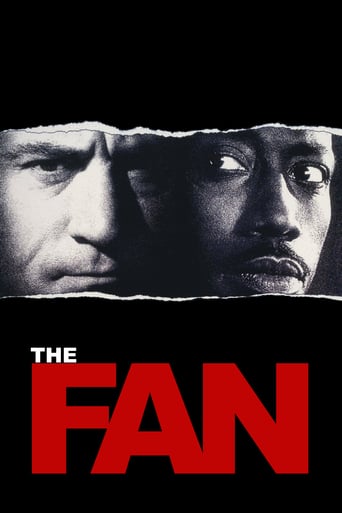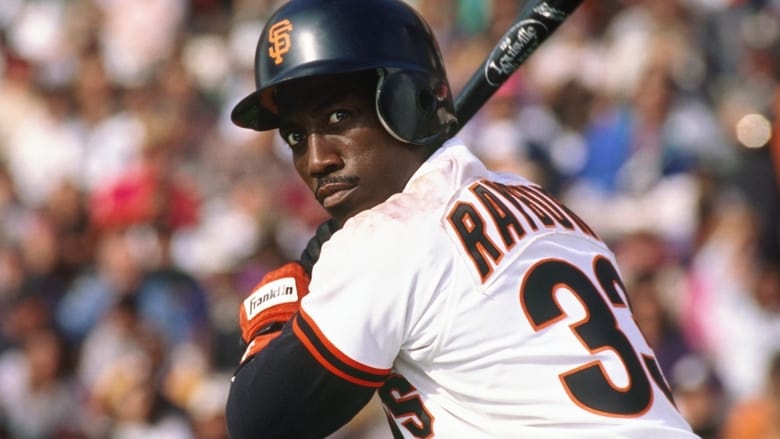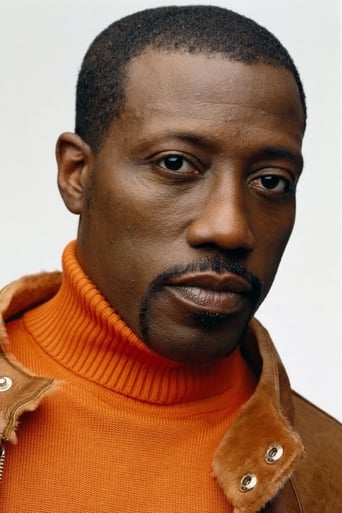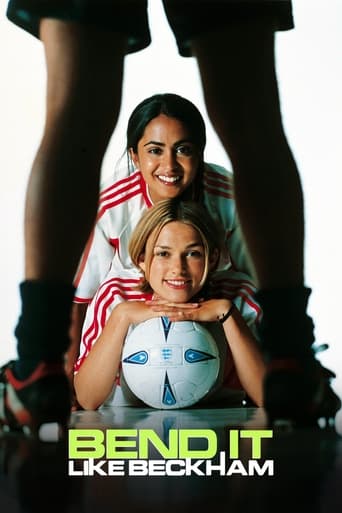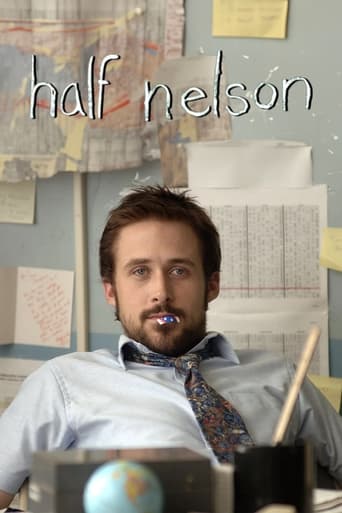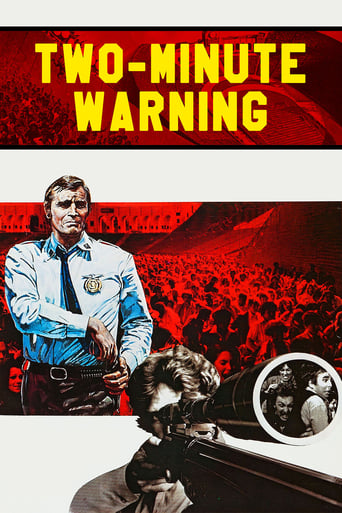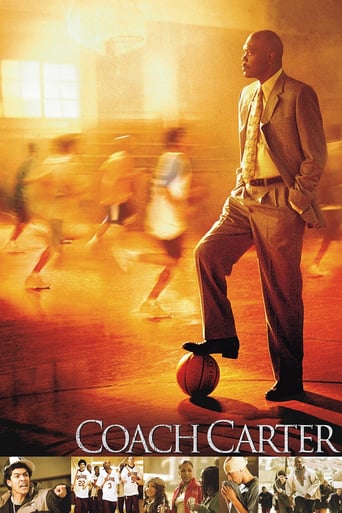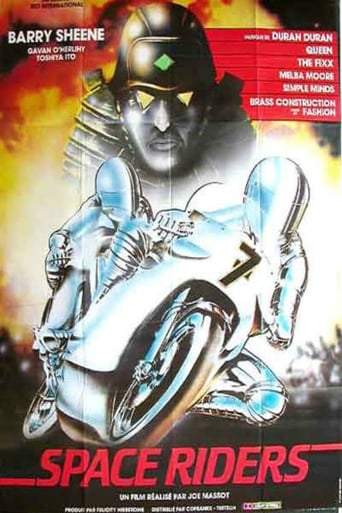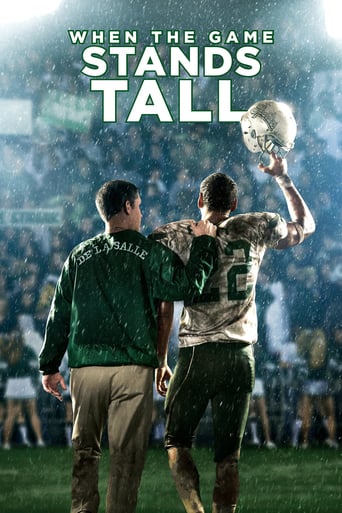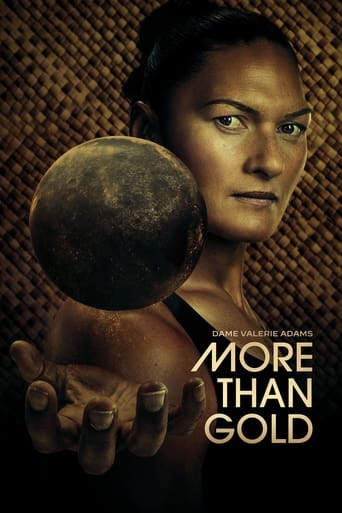The Fan (1996)
When the San Francisco Giants pay center-fielder, Bobby Rayburn $40 million to lead their team to the World Series, no one is happier or more supportive than #1 fan, Gil Renard. When Rayburn becomes mired in the worst slump of his career, the obsessed Renard decides to stop at nothing to help his idol regain his former glory—not even murder.
Watch Trailer
Free Trial Channels
Cast


Similar titles
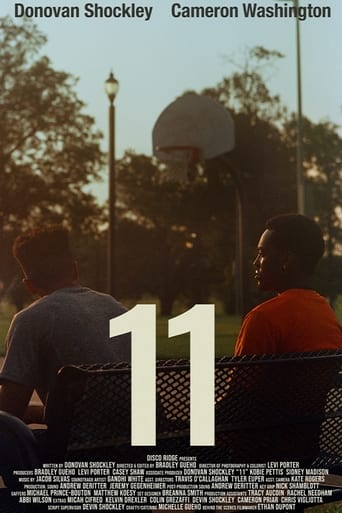
Reviews
Although it has its amusing moments, in eneral the plot does not convince.
The story-telling is good with flashbacks.The film is both funny and heartbreaking. You smile in a scene and get a soulcrushing revelation in the next.
The movie turns out to be a little better than the average. Starting from a romantic formula often seen in the cinema, it ends in the most predictable (and somewhat bland) way.
The first must-see film of the year.
(Originally reviewed: 21/02/2017) I found a lot of this film reprehensible; only a couple of things are positive; Snipes' well preserved performance, the soundtrack from the Stones and though I found his character extremely unpleasant; De Niro gives a good performance. Tony Scott has made great films like Top Gun but The Fan is not one of his better ones. The film begins with some promise but as soon as it unfolds, it's just ridiculous and uninvolving. Early on you see De Niro (Gil) driving his son to the baseball game; his son has a knife on him, and De Niro's character says I thought your mother confiscated it, and the kid says no I took it back, in which De Niro replies "good boy", so he thinks it's acceptable for someone to carry around a knife, and his son is a mere child, what happens if he gets into fight at school and stabs someone because his father taught him knives are a must have accessory; already the film had showed it's unpleasant side even before he goes completely crazy. Later on Gil leave's his son at the baseball game unattended; did he go the bathroom? No, did he go to check his car? No, he went to try and make a sale while leaving his son in a possible kidnap hot spot for a very long time. The picture even has some stupid dialogue such as " I thought I was off your list" says Jewel (Ellen Barkin) the radio host at the game, in which Manny, Bobby's agent (Leguizamo) tells her " Schindler has a list, not me" yes because they needed to reference superior films in this dud. Leguizamo's character also suggests exploiting a kid's death from cancer to get Bobby (Snipes) a crowd pleaser again; for which he at least understands its wrong and declines; the screenwriters have wrote something extremely sickening. Then it's last 30 minutes or so turn into a slasher type film, where the crazed Gil is killing people, kidnapping a child and so forth; but we've seen this kind of stuff before, handled in better films with more care and precision. It's not that this is merely a baseball film, it's that it's a dreadful thriller that has an awful plot, bad writing and many unpleasant, unnecessary sequences; The character of Gil is forgettable, the film is a nasty mess and I felt a sigh of relief, like I do in most terrible films, when an old friend in the form of the end credits had finally arrived.
Once during my schooldays our religious education teacher set us an essay on whether we thought that the modern obsession with sport and pop music was due to a "gap in people's lives" caused by the decline of organised religion. (One of my classmates started his essay with "If they're Chelsea fans the only gap in their lives is the one between their ears"- a sentiment calculated to rile the teacher, who was of course a fan of that club). Tony Scott's film does not have much to say about the decline of organised religion, but it does explore the phenomenon of the obsessive sports fan and the possibility that such people may be trying to compensate for other "gaps in their lives". The main character Gil Renard has a lot in common with William Foster, the anti-hero of another mid-nineties film, Joel Schumacher's "Falling Down". Like Foster, he is a divorcée who has become bitterly estranged from his ex-wife who is trying to keep him from seeing their one child. (Here a boy, in "Falling Down" a girl). Both are unemployed, having been sacked from companies for which they have worked for many years, and both have become disillusioned with modern society as a whole. Foster worked for a defence contractor but was made redundant when the end of the Cold War meant a reduction in American defence spending. Gil is a knife salesman who has been fired because of poor sales figures, but who blames his sacking on the company's cynical policy of deliberately selling low-priced, low-quality products. Gil has some justification for this attitude; the firm was founded by his father, a skilled craftsman and a perfectionist, but its new management takes the view that perfection and principles have no place in business. Having lost both his job and his family, Gil's one remaining passion is for baseball. He is an obsessive fan of the San Francisco Giants and of the team's star player, Bobby Rayburn. (Gil himself was a talented player in his youth, but never played the game professionally). When Rayburn suffers from a run of poor form, causing the team's fans to boo him, and when rumours start about a developing rift between Rayburn and another Giants' star, Juan Primo, Gil decides it is time to take drastic action. This is not the first time Robert De Niro has played an obsessive fan. In "King of Comedy" his character, Rupert Pupkin, was an aspiring stand- up comedian obsessed with an established comedian. The two films, however, are very different in tone. "King of Comedy" is a satirical black comedy; Pupkin may carry out a kidnapping, but his crime is treated in a tongue-in-cheek manner and he remains an amusing, almost endearing, character. (And he manages to have the last laugh even after being sent to jail). "The Fan", by contrast, is a serious psychological thriller and Gil's actions are always treated seriously. There are also certain similarities with another De Niro character, again an obsessive loner with a grudge against society, Travis Bickle in "Taxi Driver". In form, "The Fan" is a "deranged stalker" thriller, following the structure of something like "Fatal Attraction" or "Single White Female", with Gil as its villain. Yet perhaps it would be more accurate to see him as an anti-hero rather than a straightforward villain. Although he kills two people, and threatens the lives of others, in some ways he is himself a victim, a victim of a court system which treats divorced fathers unfairly and of a business culture which puts a greater premium on profit than on craftsmanship and which treats employees and customers alike with contempt. Even when it comes to his favourite sport, Gil may have some cause for complaint. When he meets Rayburn he becomes disillusioned with his idol's contempt for the fans who pay his wages. Rayburn's insistence that he plays for himself, not for his team's supporters, might seem an admirable attitude in an amateur sportsman; in the case of a professional earning $40 million per annum it just seems like self-indulgence. (Incidentally, was that salary figure a goof or a deliberate exaggeration? Even today no baseball player earns that much; in 1996 the highest paid stars were earning around $10 million).De Niro made a stellar start to his cinematic career in the seventies and eighties, but since then has not always fulfilled his promise. Perhaps "Godfather II" and "Taxi Driver" were just too hard an act to follow, or perhaps he has tried to make too many films, not all of which have been of the highest quality. Some of his later films, however, have been excellent ones, and "The Fan" is a good example. He gives a spellbinding performance as the manically obsessive Gil, the sort of sports fan who reminds you that the word "fan" was originally short for "fanatic" and for whom baseball has become more important than life itself. He receives excellent support from Wesley Snipes as Rayburn. The late Tony Scott never seemed to be as highly regarded by the critics as his brother Ridley, one of the cinema's leading auteurs. Yet in my view Tony's talents were of a rather different sort to his brother's. When he tried to make an auteur-style film with "The Hunger", the result was a pretentious mess. His talent lay in making more conventional action thrillers, but in making good ones, often with a certain amount of social comment or political significance involved. "Crimson Tide" and "Enemy of the State" were two good examples, and "The Fan" is another. It is perhaps the best cinematic exploration of the social aspects of spectator sport and the darker side of sporting fandom. Perhaps my classmate was more right than he knew when he said that some sports fans have a gap between their ears. 8/10
DeNiro gives an okay, but one-note performance as a dedicated baseball fan who, as a result of his fixation on Bobby Rayburn (#11), loses his job and family. Other than to show that he has a bad temper, I don't see how they are relevant to the movie. I think too much time is spent on the scenes at home, on the job, and on the baseball game itself. And DeNiro's acting just didn't seem genuine at all. In most movies about people who go from obsessing to stalking, this line is crossed at about halfway through the movie. But here, it doesn't happen until almost the very end, which is too little too late. Also, how could the Benicio Del Toro have really been killed if this was only seen in Renard's mind? Or did I miss something? It's not a bad movie, but it could have been more.** out of ****
Gil Renard is obsessed with baseball. Because he is from San Francisco he is a fan of the Giants, by the beginning of the season the Giants have signed all-star centre-fielder Bobby Rayburn to a 40 Million dollar contract.But, things do not go well for both Gil and Rayburn. Rayburn is slumping and Gil loses his job and eventually his wife and son.Gil goes deeper into his obsession with Rayburn and takes matters into his own hands. He believes that Rayburn is slumping because of another Giants player named Juan Primo who is playing well.Gil secretly helps him out. But when Gil feels that Rayburn is ungrateful, Gil kidnaps his son.Now, Rayburn must perform at his best at the last game of the season in order to save his son...I don't know why, but I have a lot of love for this movie. It's not perfect by any means, and Scott has really gone to town on the editing here, but everyone has a film that they love that was critically mauled.De Niro is at this archetypal best here as Gil, a paint by the numbers psycho, who isn't spontaneous, but predictable, and still very creepy.Snipes proves in this that the mid nineties were the best for his career, as he puts in another great performance, and during the final third, really shows depth and emotion.There is great support from Leguizamo and Barkin, and the film is made slickly with a brilliant soundtrack, but if you look closer, there are lots of faults in this.It's one of those rare occasions with a movie that I really don't care about the faults or the plot holes or the blatant use of stunt doubles.The eighteen year old in me is still calling for the flashy editing, silly use of knives and De Niro in full psycho mode, and I still love it.

